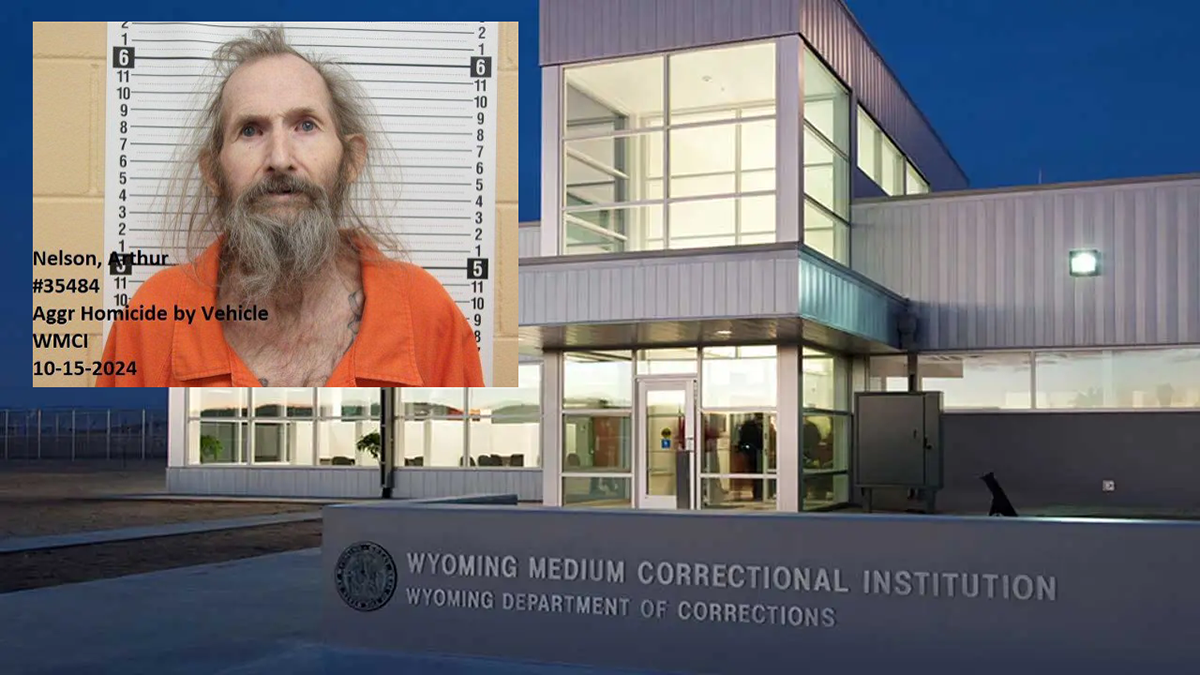With President-elect Donald Trump poised to begin his second term, his campaign promise to “virtually close” the US Department of Education has gained renewed attention.
The proposal, aimed at shifting control of education to the states, has sparked significant debate among Wyoming lawmakers and stakeholders, raising concerns about the financial and logistical implications for the state.
The US Department of Education plays a critical role in distributing federal funds, ensuring compliance with federal laws, and supporting programs like special education. State Sen. Chris Rothfuss (D-Laramie) highlighted the challenges of dismantling the department, noting the complexity of federal legislation tied to education.
“If tomorrow you just randomly made the US Department of Education vanish, I don’t know how those programs would be carried out,” Rothfuss said. “We still have to follow federal statutes like the Individuals with Disabilities Education Act (IDEA), regardless of the department’s existence.”
The department also helps manage Title I funding, the Every Student Succeeds Act, and special education grants. Its closure could leave states scrambling to establish alternative reporting and funding mechanisms.
Wyoming receives substantial federal funding for education, which supports numerous programs, including special education and literacy initiatives. State Rep. David Northrup (R-Powell) warned that losing federal oversight could mean significant financial burdens for the state.
“The state of Wyoming is going to foot a great big bill,” Northrup said. “We get millions and millions of dollars from the federal government.”
Wyoming historically receives more federal funding than it pays in taxes. Any disruption to this flow could profoundly impact the state’s ability to maintain current education standards.
Proponents of Trump’s proposal argue that eliminating the federal department could give states more freedom to set educational standards without federal interference. State Superintendent of Public Instruction Megan Degenfelder supports returning greater authority over education to states, emphasizing the need to prioritize local involvement and flexibility.
“Here in Wyoming, we already know that Washington’s one-size-fits-all approach doesn’t work,” Degenfelder said. “Money and authority in education should flow directly to states, without edicts from the federal government.”
However, critics argue that eliminating the department would not free states from federal obligations. Rothfuss described this belief as “delusional and naive,” pointing out that federal laws, not the department, mandate compliance.
Parents and advocates for students with disabilities expressed concern about the potential impact of a diminished federal role. Annie McGlothlin, a Laramie County School District 1 parent, emphasized the importance of federal oversight in protecting children with disabilities.
“My concern is that removing federal oversight could strip away protections for students with disabilities or unique needs in education,” McGlothlin said.
Shutting down the Department of Education would require an act of Congress, a significant legislative hurdle. Even if Congress supports such action, lawmakers believe it would take years to implement.
Rep. Landon Brown (R-Cheyenne) noted that while frustrations with federal overreach are valid, a practical solution would involve revising federal laws rather than eliminating the department outright.
Wyoming’s constitution and legal precedents, such as the 1995 Campbell County v. State of Wyoming decision, mandate the state’s responsibility to provide quality education. Even without federal oversight, Wyoming is legally obligated to fund and support its education system.
“The Campbell decision pretty much nails it down,” Northrup said. “When you’re putting money in savings, guess what? You certainly have the ability to pay for it.”









